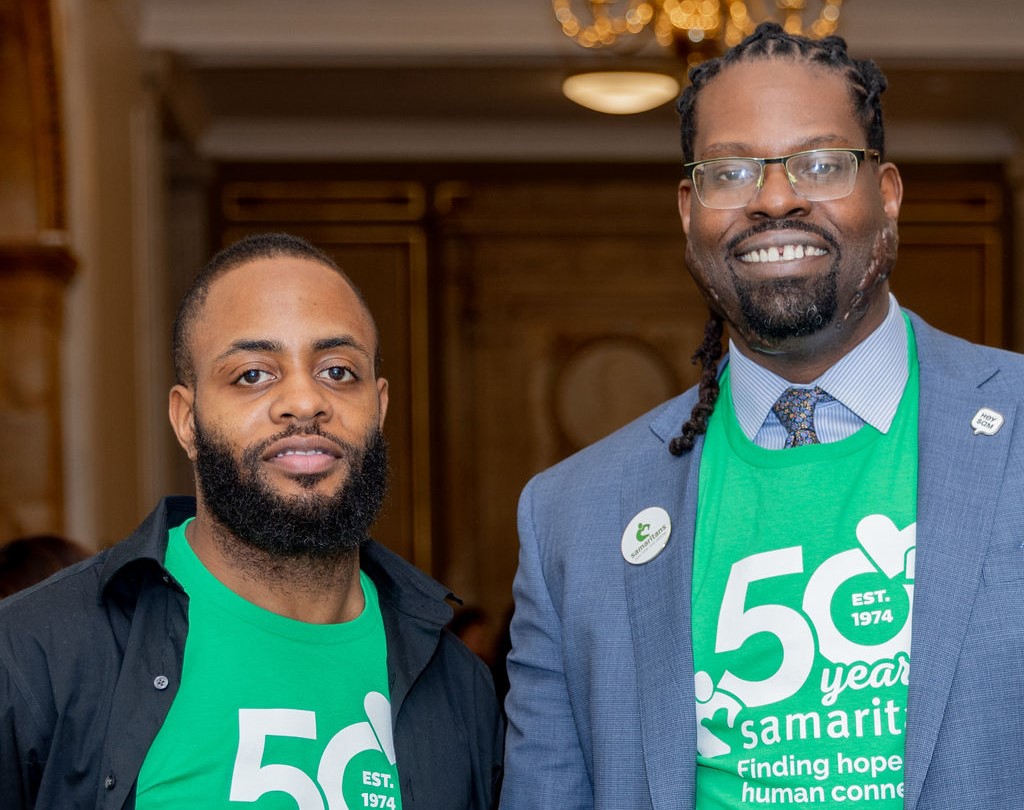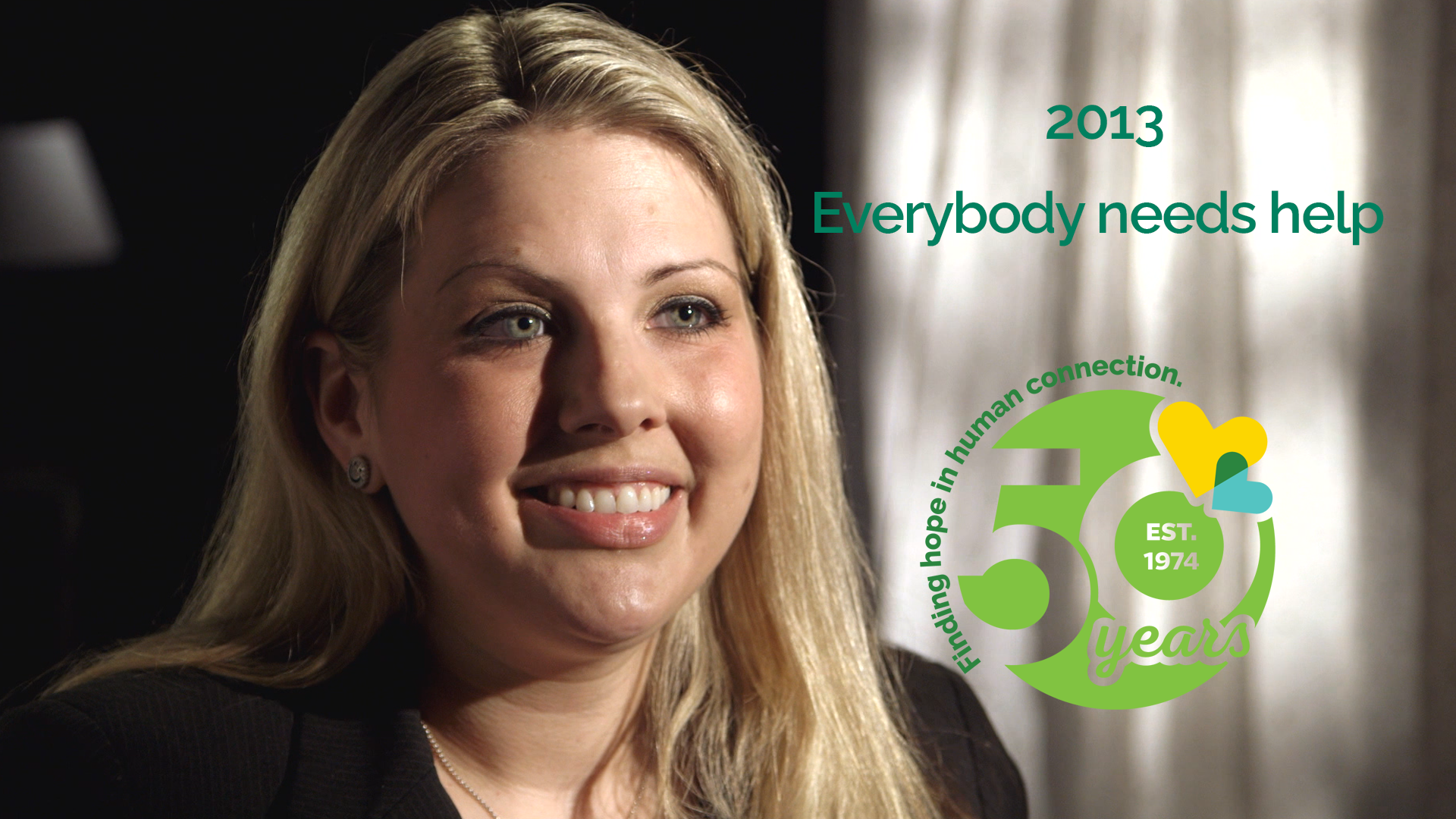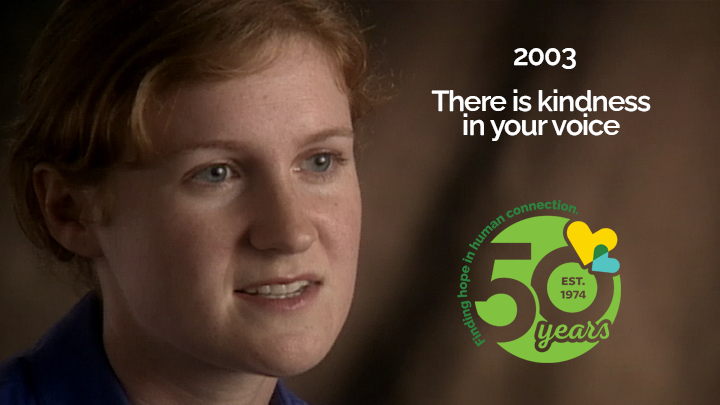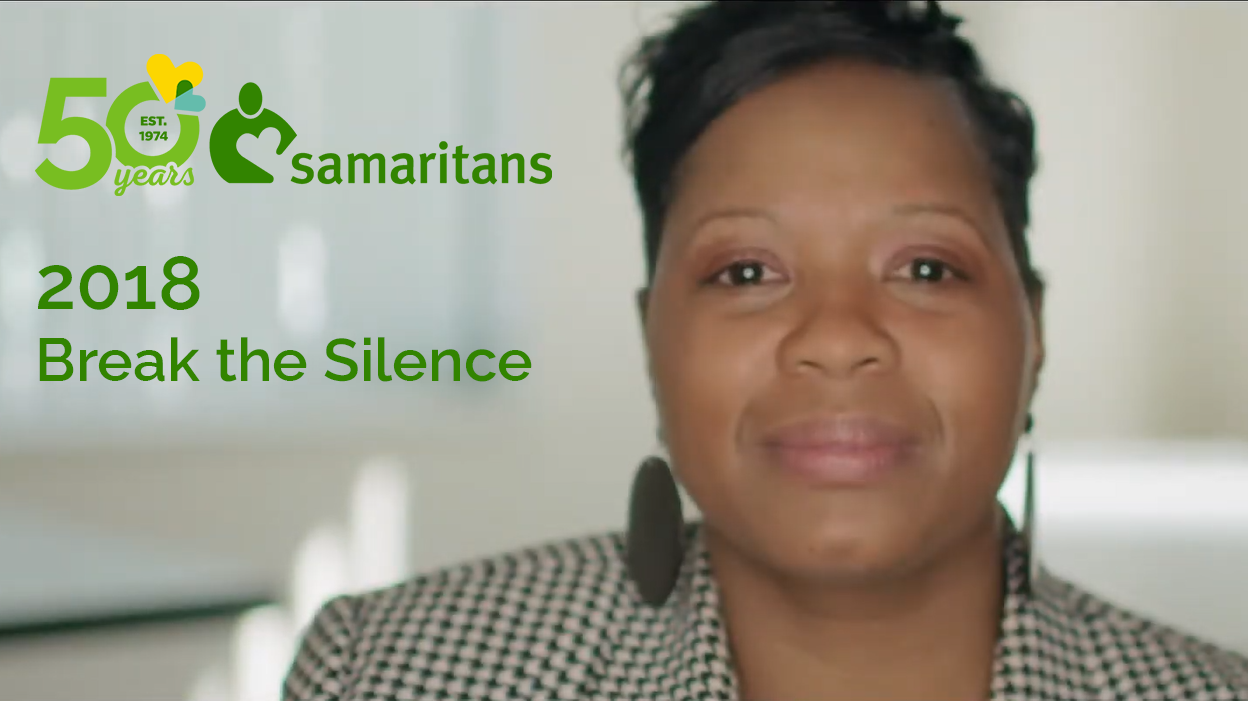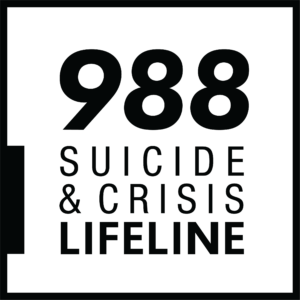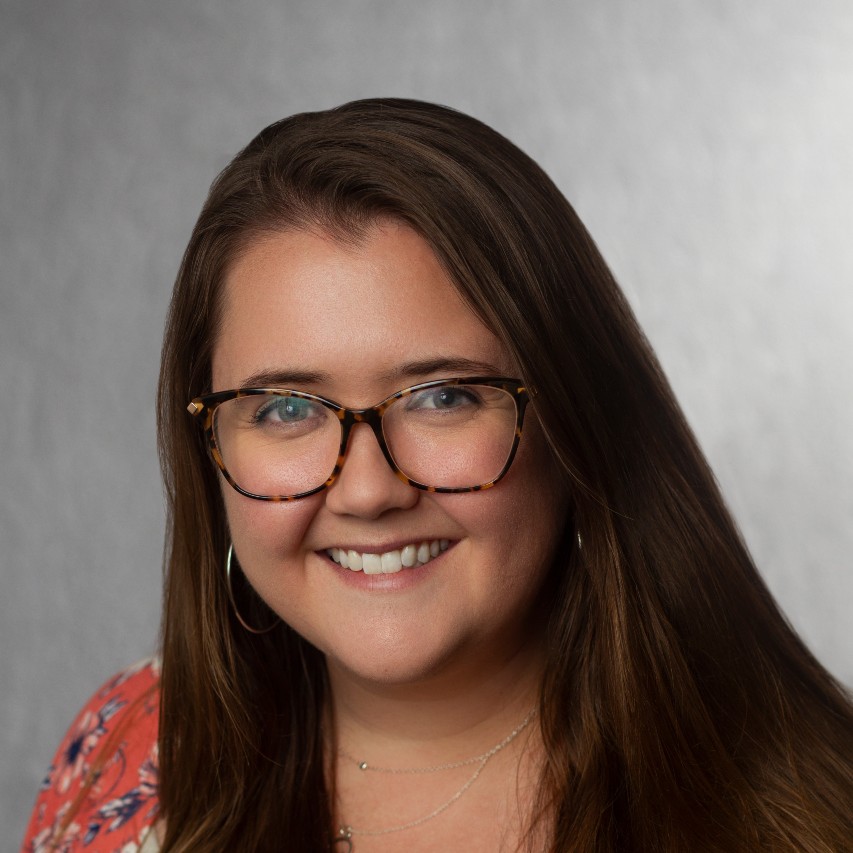
One way in which Samaritans helps to prevent suicide is by providing a Helpline that is available for anyone to call 24 hours a day, 7 days a week, 365 days a year. In any given year, Samaritans answers more than 74,000 calls or texts, and that support is made possible through 230 volunteers who give a portion of their time each week to be there for others, to be a listening ear, to ensure that no one feels alone in their struggles.
As you can imagine, it is no small undertaking to orchestrate a Helpline of this magnitude. And what may shock you even more is that there is one incredible person behind it all. An avid reader who admits that you can most often find her nose in a book, Findley Montgomery is the Helpline Training Manager at Samaritans. For the past three years, she has been managing a team of six people who together educate and support volunteers so that the Helpline is always available for anyone who needs it. As we reflect on how to prevent suicide during Suicide Prevention Month, we thought it was the perfect moment to catch up with Findley, to hear her story, and to learn from her wisdom. After all, her training of volunteers directly helps to prevent suicide for hundreds of people every single year.
Thank you so much for being willing to share your story, Findley. Can you tell us – what made you decide to work in suicide prevention?
I studied political science in college, and I thought I would go to law school. But I left college not really knowing if that is what I wanted to do. I lived in Madrid and taught English to middle school and high school students. There I realized that I really like teaching, but I also knew I wanted to teach something that I have a passion for. I knew I wanted to get into more nonprofit, mission-based work. I decided to do an AmeriCorps year of service, and I was assigned to work with a behavioral health coalition on a suicide line in Greenville, South Carolina. When I left, I realized that I wanted to continue in this field.
Why do you think you are attracted to this work?
It feels very personal. I struggled with mental health and was diagnosed with depression and anxiety. I felt like I was drowning for a long time. But I was lucky to have a family that refused to let me go. I was fortunate to have a thousand hands reaching out to me to support me, and I want to be a hand to someone – even just one. It just feels right. I get to give back to a community that I have lived in and that I feel connected to.
What do you most like about your job?
Our volunteers. In my job, every person who goes on the Helpline has to come through me. I get to meet every single person and get to know their stories. I love knowing why someone comes into this work. I’m in awe of people who give their time to this. We as staff give our time to this, but we are staff. To see people voluntarily give their time to this is the most beautiful thing in the world. I am constantly humbled by the people who do this. There will be other Findleys who will come along. Our volunteers are everything.
What is the hardest part of your job?
Balancing my work with my life. It is such an intense line of work, and there are 230 volunteers who look to us for support. Knowing what that balance is – of being there to support them while also taking care of yourself – is difficult. Walking away is really hard at the end of the day.
Do you feel you have changed as a result of working at Samaritans?
Oh yes. I think I am a lot more willing to go with the flow than when I first started. My old boss used to call me a “bow” person – meaning that I wanted everything wrapped up perfectly in a bow. I wanted the work done, fixed,…perfect. I have had to get better at letting go of things I can’t control and being proud of the things I am doing.
What do you consider to be your greatest strength?
It’s a strength and a weakness. I would say it’s my loyalty and devotion to the things I care about. I will fight to the end of the earth for the things I’m passionate about. I will do everything in my power to fight for a mission I believe in.
Samaritans’ vision statement says, “We envision a world without suicide.” How can we reach that vision? If someone wants to become a stronger ally for suicide prevention and mental illness support, what could they do?
Just be there. It is so easy for people to think that preventing suicide means saving someone. It’s hard when we live in a world where we want to fix things and have an outcome. We need to unlearn that and not believe that we need to make everything better all the time.
One thing I have started doing when I am helping someone in my life is to not be afraid to just ask people what they need – not what they want. I say, “In this moment, what do you need right now?”, and then I figure out how I can meet that need in that moment.
Another thing I do is follow the 80/20 rule. I let them own the conversation and talk at least 80% of the time, and I become a passive, active listener. I give them a lot of space to just talk through everything. Most of the time, it is not all better at the end, but it is a space where the person is able to share.
What do you wish the world knew about suicide and mental illness?
That it’s not scary. It’s so common, and we so often try to shy away from it and make it the problem of the other person. But mental illness really revolves around emotions. We can maybe understand better if we realize that people struggling with mental illness and suicide are just people who experience our same emotions, but to the extreme. Rather than dismissing these people off into the corner, couldn’t we accept people regardless of the degree to which they experience their emotions?
If we catch up with you five years down the road, where will we find you? What do you think we will find you doing?
It’s so hard to even think about next week. But I always say that I would love nothing more than to be out of a job because it means that we at Samaritans are not needed anymore. But until that day comes, I want to be there for those who need us.
